Aquaculture is the fastest growing farming technique at the global level, particularly in Asian and South American countries. To date, aquaculture production is able to meet approximately half of the world’s demand for fish products (including molluscs and crustaceans), but the Food and Agriculture Organization of the United Nations (FAO) forecasts that in the coming years, global consumption of fish products is destined to rise.
Since February 2022, Istituto Zooprofilattico Sperimentale delle Venezie (IZSVe) has been coordinating the AQUAE STRENGTH project, funded by the Italian Ministry of Health and supported by the World Organisation for Animal Health (WOAH). Last March, a team of various professionals from IZSVe (the National Reference Centre for Fish, Crustacean and Mollusc Pathology, the Special Virology Laboratory for Aquatic Animals, the Geographic Information System Laboratory, and the International and Research Cooperation Office) made its first field mission to Cambodia, one of the project’s beneficiary countries. This partnership with Cambodian colleagues provided the opportunity to visit the laboratories of local institutes involved in the project and numerous aquaculture facilities farming both fish and crustacean species.
In Cambodia fish accounts for approximately 70% of the total consumption of protein of animal origin, thus constituting a significant form of sustainment. The primary source of fish products comes from fishing in internal waters, but unfortunately fish stocks are being drastically depleted due to the human anthropization and overfishing. Against this background, the containment of infectious disease-related losses and the promotion of correct management of fish farms and drug use in aquaculture is critically important for animals’ health and wellbeing, while at the same time guaranteeing correct protein intake for the local population, through a food which has traditionally been part of their diet.
The mission in Cambodia is a practical example of One Health in action: the approach taken for many years by IZSVe to promote numerous cooperation and scientific and health research activities. During 2023, new assessment missions will be conducted in the other beneficiary countries (Israel, Morocco, Tunisia) before proceeding to the next phase. This will involve training of foreign colleagues at the various Italian Veterinary Health Authority and Research Organizations participating in the project Consortium, to strengthen technical skills and respond to identified training needs.


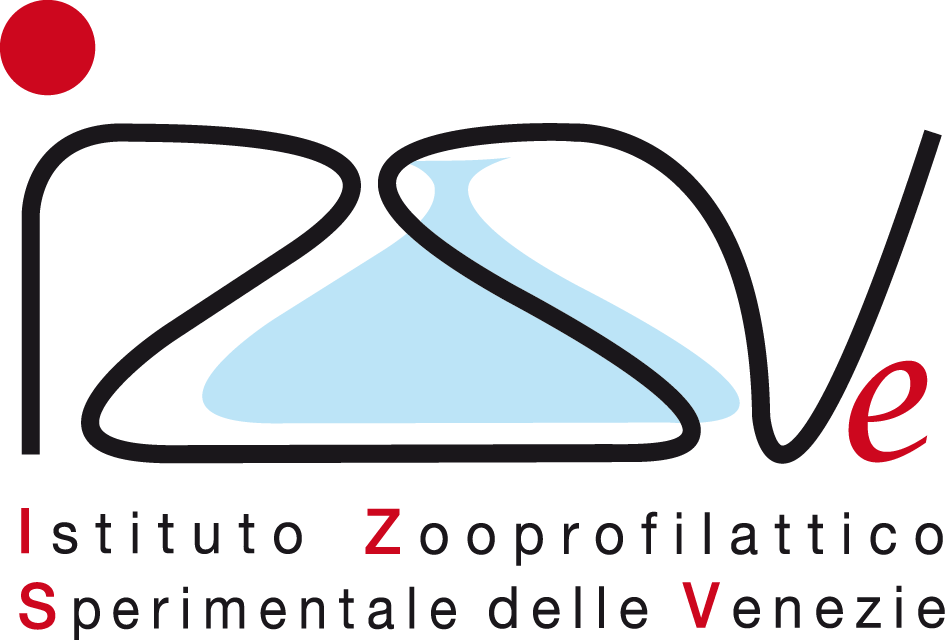

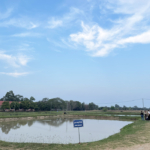
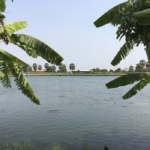

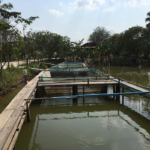




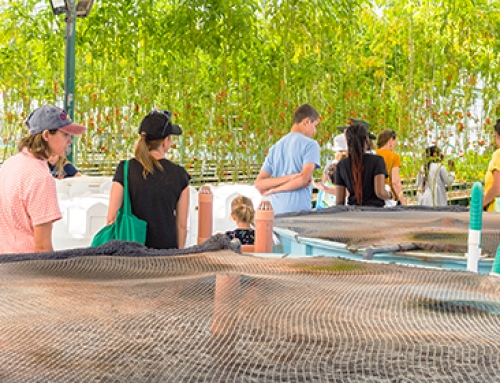
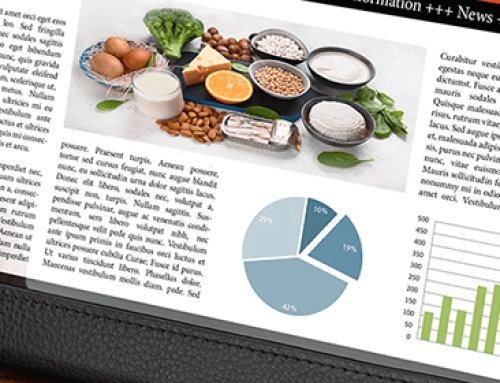
![Which is better between wild-caught and farmed fish? [Video]](https://www.izsvenezie.com/wp-content/uploads/2024/01/which-better-wild-farmed-fish-video-500x383.jpg)
